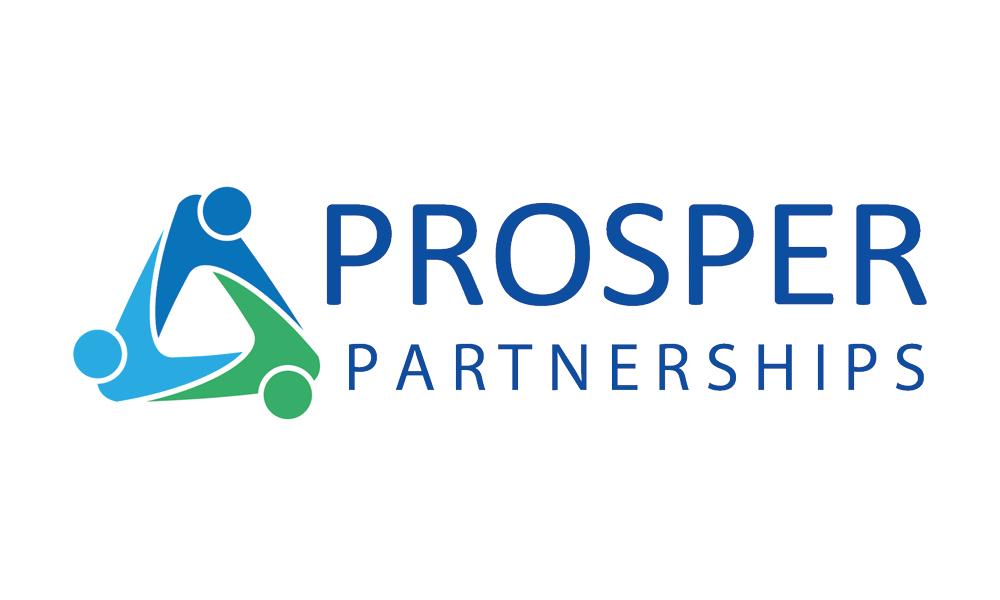Penn State program to prevent substance use the focus of $2.5 million NIH grant
Researchers will evaluate economic and health impacts of the PROSPER youth program
stethoscope-money-AdobeStock_208876795-Pixel-shot-opt
By determining economic outcomes from the PROSPER prevention system, Penn State researchers hope to provide insights into the benefits of public financing for infrastructure to prevent substance misuse and other adverse health outcomes. Credit: Adobe/Pixel-Shot. All Rights Reserved.
January 10, 2024
By Sara P. Brennen
Penn State researchers have embarked on a five-year, $2.5 million project funded by the National Institutes of Health (NIH) to study outcomes for adults who participated in the substance misuse prevention system known as PROSPER while they attended middle school. The system, PROmoting School-community-university Partnerships to Enhance Resilience, was developed by Penn State and Iowa State University and has served more than 100,000 children in rural communities throughout Pennsylvania and Iowa since 2001.
PROSPER has already shown significant positive outcomes in reducing substance misuse by youth, in a previous study also funded by NIH through the National Institute on Drug Abuse. Now the researchers will determine whether PROSPER participants have maintained healthy behaviors from middle school through adulthood, as well as whether the system produces economic benefits such as reduced crime or improved access to medical care or social services.
We need effective programs sustained long-term to produce real, lasting impacts on public health. It is much harder to treat many problems, such as addiction or depression, than it is to prevent them in the first place.
– Sarah Chilenski, Associate research professor, Edna Bennett Pierce Prevention Research Center
Communities use PROSPER as a framework to implement programs shown by research to reduce risky youth behaviors and promote healthy behaviors, explained Damon Jones, associate research professor with Penn State’s Edna Bennett Pierce Prevention Research Center (PRC), who is leading the project with Max Crowley, PRC director and professor of human development and family studies and public policy. Local community coalitions choose evidence-based programs for middle-school students and their families based on the needs and preferences of their communities. These programs cover topics such as handling peer pressure, setting boundaries and practicing empathy and self-compassion.
Karen Thomas, PROSPER field coordinator, said she has seen the benefits of PROSPER first-hand in her work with children and families in northeastern Pennsylvania.
“The parents and youth consistently report more positive, consistent discipline,” Thomas said. “The kids will often remark about learning peer pressure-refusal skills, which are so important.”
The research team will survey approximately 2,000 former PROSPER participants who are now in their early 30s and review administrative data from public records to understand the costs incurred as a result of substance misuse among former PROSPER participants, as compared to a control group who did not participate in PROSPER programs. Examples of costs include those involved with criminal justice, social services, emergency services and healthcare.
The researchers will also evaluate how communities can better sustain their prevention efforts through fine-tuning their coalition functioning, program delivery, coordination and monitoring, said Sarah Chilenski, PRC associate research professor and co-investigator on the project.
To be successful, communities must find a way to fund their prevention programs year after year, according to Chilenski. Being able to demonstrate that PROSPER provides economic benefits to the community — and better health outcomes — could help communities secure funding from foundations or government entities.
“We need effective programs sustained long-term to produce real, lasting impacts on public health,” Chilenski said. “It is much harder to treat many problems, such as addiction or depression, than it is to prevent them in the first place.”
Crowley underscored the importance of providing funding to sustain infrastructure for public health.
“We can’t take for granted that this infrastructure will be available, especially in rural communities,” Crowley said. “Understanding how PROSPER’s last two decades of positive benefits for children and their families maps onto public budgets is essential for providing evidence-based prevention across the country.”
Collaborators on this project also include Mark Feinberg, research professor of health and human development with the PRC; Richard Spoth, the F. Wendell Miller Senior Prevention Scientist and the director of the Partnerships in Prevention Science Institute at Iowa State University; Steven Xing and Yoon Sun Hur, both assistant research professors of health and human development with the PRC; and Yanping Zhao, PRC research project manager.
Penn State program to prevent substance use the focus of $2.5 million NIH grant
Researchers will evaluate economic and health impacts of the PROSPER youth program
stethoscope-money-AdobeStock_208876795-Pixel-shot-opt
By determining economic outcomes from the PROSPER prevention system, Penn State researchers hope to provide insights into the benefits of public financing for infrastructure to prevent substance misuse and other adverse health outcomes. Credit: Adobe/Pixel-Shot. All Rights Reserved.
January 10, 2024
By Sara P. Brennen
Penn State researchers have embarked on a five-year, $2.5 million project funded by the National Institutes of Health (NIH) to study outcomes for adults who participated in the substance misuse prevention system known as PROSPER while they attended middle school. The system, PROmoting School-community-university Partnerships to Enhance Resilience, was developed by Penn State and Iowa State University and has served more than 100,000 children in rural communities throughout Pennsylvania and Iowa since 2001.
PROSPER has already shown significant positive outcomes in reducing substance misuse by youth, in a previous study also funded by NIH through the National Institute on Drug Abuse. Now the researchers will determine whether PROSPER participants have maintained healthy behaviors from middle school through adulthood, as well as whether the system produces economic benefits such as reduced crime or improved access to medical care or social services.
We need effective programs sustained long-term to produce real, lasting impacts on public health. It is much harder to treat many problems, such as addiction or depression, than it is to prevent them in the first place.
– Sarah Chilenski, Associate research professor, Edna Bennett Pierce Prevention Research Center
Communities use PROSPER as a framework to implement programs shown by research to reduce risky youth behaviors and promote healthy behaviors, explained Damon Jones, associate research professor with Penn State’s Edna Bennett Pierce Prevention Research Center (PRC), who is leading the project with Max Crowley, PRC director and professor of human development and family studies and public policy. Local community coalitions choose evidence-based programs for middle-school students and their families based on the needs and preferences of their communities. These programs cover topics such as handling peer pressure, setting boundaries and practicing empathy and self-compassion.
Karen Thomas, PROSPER field coordinator, said she has seen the benefits of PROSPER first-hand in her work with children and families in northeastern Pennsylvania.
“The parents and youth consistently report more positive, consistent discipline,” Thomas said. “The kids will often remark about learning peer pressure-refusal skills, which are so important.”
The research team will survey approximately 2,000 former PROSPER participants who are now in their early 30s and review administrative data from public records to understand the costs incurred as a result of substance misuse among former PROSPER participants, as compared to a control group who did not participate in PROSPER programs. Examples of costs include those involved with criminal justice, social services, emergency services and healthcare.
The researchers will also evaluate how communities can better sustain their prevention efforts through fine-tuning their coalition functioning, program delivery, coordination and monitoring, said Sarah Chilenski, PRC associate research professor and co-investigator on the project.
To be successful, communities must find a way to fund their prevention programs year after year, according to Chilenski. Being able to demonstrate that PROSPER provides economic benefits to the community — and better health outcomes — could help communities secure funding from foundations or government entities.
“We need effective programs sustained long-term to produce real, lasting impacts on public health,” Chilenski said. “It is much harder to treat many problems, such as addiction or depression, than it is to prevent them in the first place.”
Crowley underscored the importance of providing funding to sustain infrastructure for public health.
“We can’t take for granted that this infrastructure will be available, especially in rural communities,” Crowley said. “Understanding how PROSPER’s last two decades of positive benefits for children and their families maps onto public budgets is essential for providing evidence-based prevention across the country.”
Collaborators on this project also include Mark Feinberg, research professor of health and human development with the PRC; Richard Spoth, the F. Wendell Miller Senior Prevention Scientist and the director of the Partnerships in Prevention Science Institute at Iowa State University; Steven Xing and Yoon Sun Hur, both assistant research professors of health and human development with the PRC; and Yanping Zhao, PRC research project manager.
Related People
Related People












